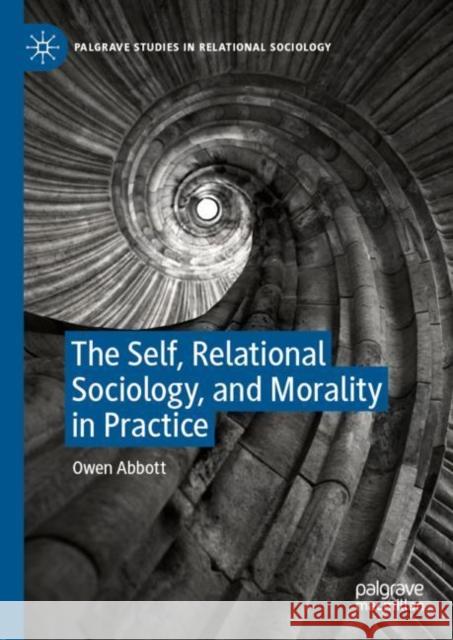The Self, Relational Sociology, and Morality in Practice » książka
topmenu
The Self, Relational Sociology, and Morality in Practice
ISBN-13: 9783030318215 / Angielski / Twarda / 2019 / 189 str.
The Self, Relational Sociology, and Morality in Practice
ISBN-13: 9783030318215 / Angielski / Twarda / 2019 / 189 str.
cena 342,14
(netto: 325,85 VAT: 5%)
Najniższa cena z 30 dni: 327,68
(netto: 325,85 VAT: 5%)
Najniższa cena z 30 dni: 327,68
Termin realizacji zamówienia:
ok. 16-18 dni roboczych.
ok. 16-18 dni roboczych.
Darmowa dostawa!
Kategorie:
Kategorie BISAC:
Wydawca:
Palgrave MacMillan
Seria wydawnicza:
Język:
Angielski
ISBN-13:
9783030318215
Rok wydania:
2019
Wydanie:
2020
Numer serii:
000811164
Ilość stron:
189
Waga:
0.39 kg
Wymiary:
21.01 x 14.81 x 1.27
Oprawa:
Twarda
Wolumenów:
01
Dodatkowe informacje:
Wydanie ilustrowane











